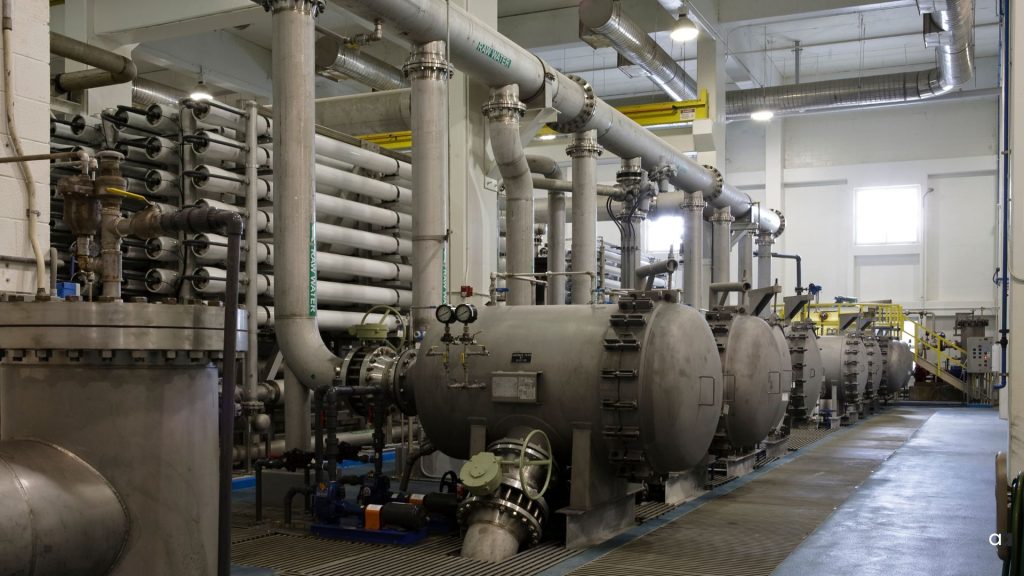
Water purification technologies constitute essential infrastructure designed to refine and condition water for a variety of end uses, including drinking, cooking, and industrial applications. Unlike wastewater treatment, which primarily focuses on rendering used water safe for release into the environment or for limited reuse, water purification aims to meet stringent quality standards for consumption and specialized uses. These technologies employ a complex array of physical, chemical, and biological processes to comprehensively remove a wide spectrum of contaminants, ensuring the water is not only safe but also aesthetically pleasing and palatable.
Difference from Water Filtration Systems
While water filtration is a critical component of the broader category of water purification, it specifically refers to the removal of physical impurities through barriers such as membranes, sand filters, or activated carbon. Filtration can effectively reduce turbidity, remove particulates, and eliminate certain pathogens and chemicals. However, it is typically one part of a multi-step purification process.